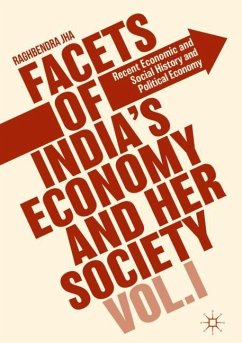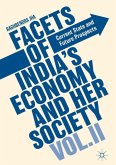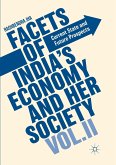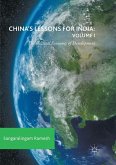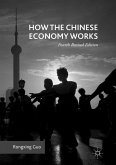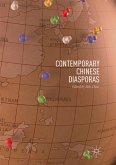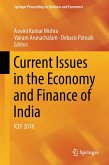'Jha is the right scholar and economist to take readers through the development of the Indian economy. Readers will be in good hands.'
-Edmund Phelps, Columbia University, USA, and winner of the 2006 Nobel Prize in Economics
'This is perhaps the best and most scholarly contribution to understanding the Indian Economy and Society. Its rich historical perspective and a profound understanding of how India has evolved into a major economic power set standards of scholarship and analytical rigour that will be hard to surpass".
-Raghav Gaiha, University of Manchester, UK
'Linking of economy and society is increasingly recognised as essential for addressing policy challenges by the current phase of globalisation. As such this study should be valuable not just for those studying India, but also for those interested in global developments.'
-Mukul Asher, National University of Singapore, Singapore
'This book is a tour-de-force reviewof the fundamental topics on the Indian political economy and society that are relevant for any committed social scientist to be aware of.'
-Sumit K. Majumdar, University of Texas at Dallas, USA
This two-volume work provides an account of how India has been meeting its myriad of economic, political and social challenges and how things are expected to evolve in the future. Despite enormous challenges at the time of independence, India chose to address them within a secular, liberal, democratic framework, which guaranteed several fundamental rights. Challenges included intense mass poverty and hunger, very poor literacy and educational abilities of the population, the task of uniting a country with scores of languages and ethnicities ruled by different entities for decades and persistent threats of external aggression, to name just a few. Over time, incomes and opportunities have expanded enormously and India has regained her self-confidence as a nation.
In this first volume, Jha presents a long view of the performance of the Indian economy and discusses key aspects of India's population, land and labor. In addition, the Indian Constitution and basic structure of governance are analysed within the context of major economic and political developments in independent India.
-Edmund Phelps, Columbia University, USA, and winner of the 2006 Nobel Prize in Economics
'This is perhaps the best and most scholarly contribution to understanding the Indian Economy and Society. Its rich historical perspective and a profound understanding of how India has evolved into a major economic power set standards of scholarship and analytical rigour that will be hard to surpass".
-Raghav Gaiha, University of Manchester, UK
'Linking of economy and society is increasingly recognised as essential for addressing policy challenges by the current phase of globalisation. As such this study should be valuable not just for those studying India, but also for those interested in global developments.'
-Mukul Asher, National University of Singapore, Singapore
'This book is a tour-de-force reviewof the fundamental topics on the Indian political economy and society that are relevant for any committed social scientist to be aware of.'
-Sumit K. Majumdar, University of Texas at Dallas, USA
This two-volume work provides an account of how India has been meeting its myriad of economic, political and social challenges and how things are expected to evolve in the future. Despite enormous challenges at the time of independence, India chose to address them within a secular, liberal, democratic framework, which guaranteed several fundamental rights. Challenges included intense mass poverty and hunger, very poor literacy and educational abilities of the population, the task of uniting a country with scores of languages and ethnicities ruled by different entities for decades and persistent threats of external aggression, to name just a few. Over time, incomes and opportunities have expanded enormously and India has regained her self-confidence as a nation.
In this first volume, Jha presents a long view of the performance of the Indian economy and discusses key aspects of India's population, land and labor. In addition, the Indian Constitution and basic structure of governance are analysed within the context of major economic and political developments in independent India.

